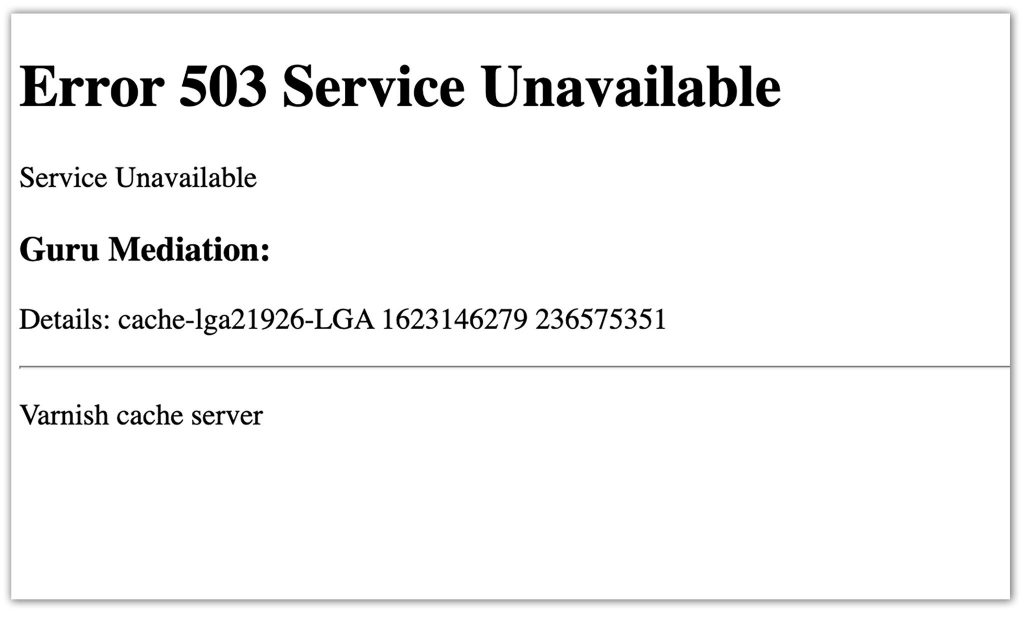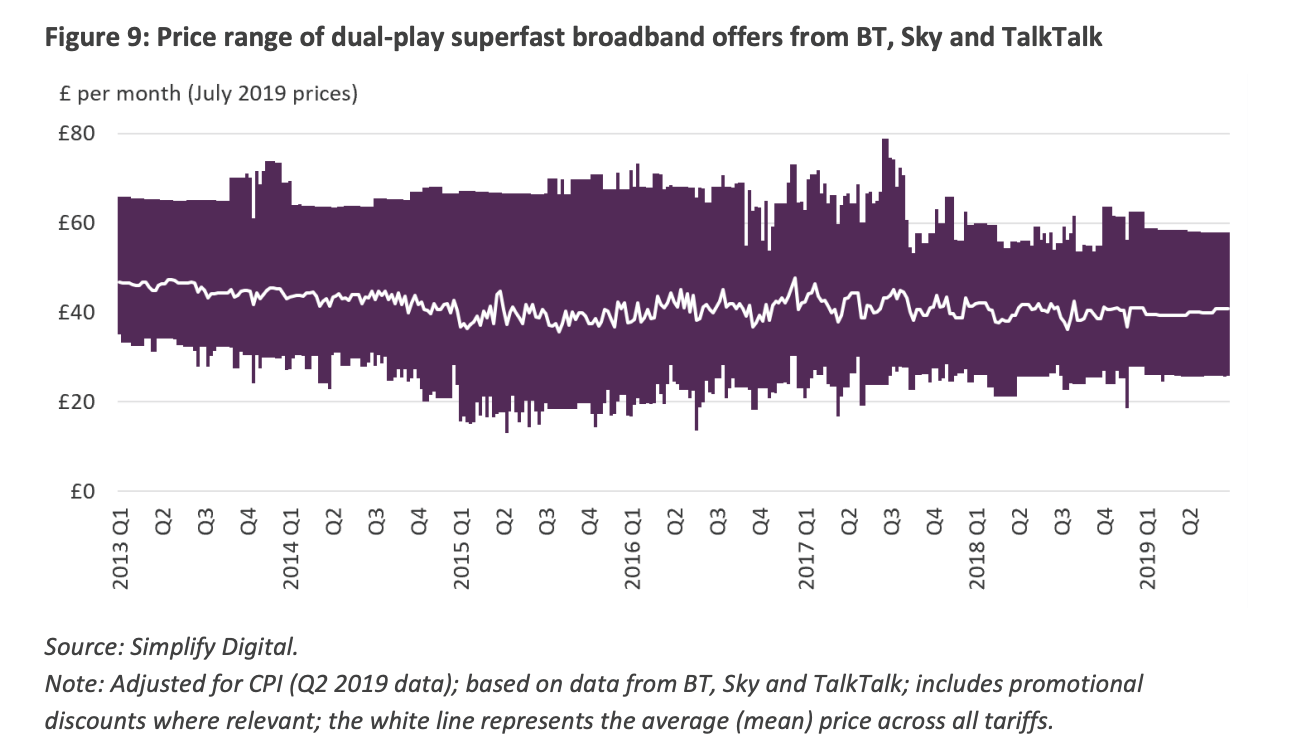Openreach’s progression to phase out the PSTN network as “End of Life” and cease it by 2025 has picked up speed, with new test switch off locations revealed.
The network subsidiary of BT have continued their transfer of customers away from legacy analogue Public Switched Telephone Network (PSTN) to a new fully digital network. The rollout aims to shift all clients to phone lines operating on the Internet Protocol (IP) route by 2025.
A list of services being decommissioned include analogue phone lines, ADSL and FTTC ‘superfast’ broadband connections, ISDN phone lines and other services such as traffic lights, motorway signs, analogue fax and alarms lines.
The IP routing system is in correlation with the nation-wide shift to fibre to the premise (FTTP) broadband to around 15 million homes and businesses that will rely on fibre optic cabling for the entire journey from the exchange.
Although 2025 feels a long time away, many businesses have already made the switch to an all-digital model with their communications setup moving to the cloud, calls being conducted over IP routing and enabling the opportunity for advanced video calling.
Lineal are here to make this migration over to a digital future as smooth as possible. Check with us to assess which analogue phone line services your business or organisation still uses and to find out whether your area is part of a published FTTP roll out in the near future.
Additionally, Openreach have announced 86 new copper network switch-off locations covering approximately 500,000 UK premises. This marks a rapid expansion from the original two test locations of Mildenhall and Salisbury where legacy PTSN services and its associated WLR hardware were removed from the commercial market.
James Lilley, director of managed customer migrations at Openreach stated that “ultimately, the plan is to withdraw all services that rely on the old PSTN by December 2025 and, from that point on, communications providers will own the delivery of voice services. We are upgrading the UK’s digital infrastructure as we build our full-fibre network to 25 million homes and businesses by 2026”.
To learn more about how Lineal can help your business or organisation’s migration to the digital future, follow the link for details or drop us a message on [email protected]


